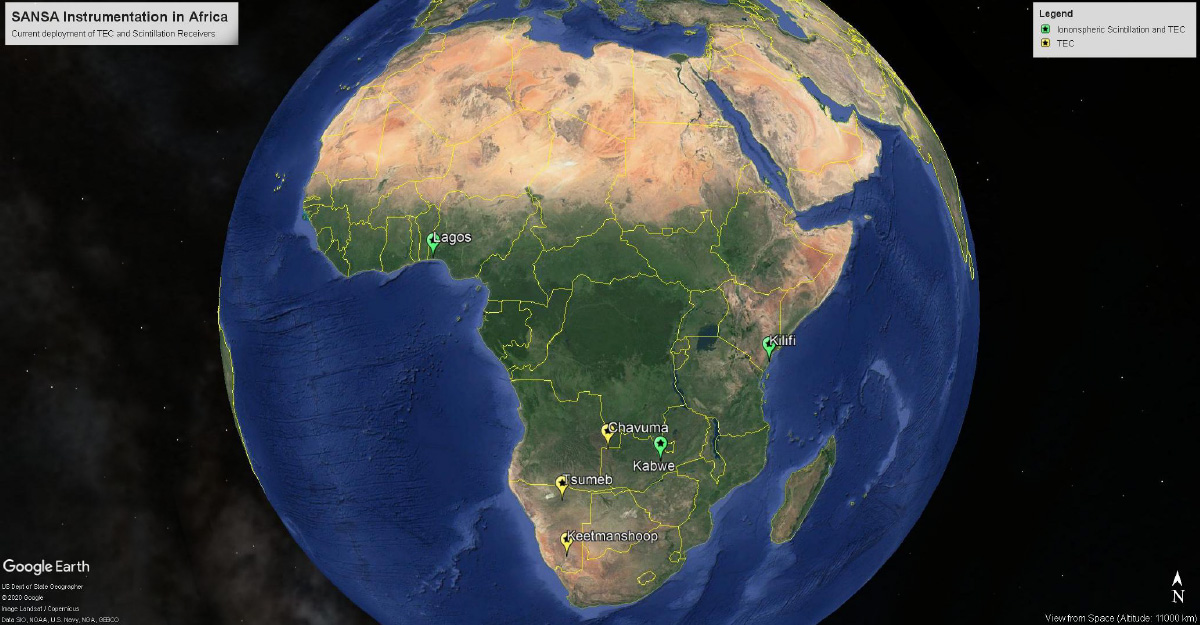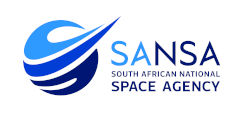
February 8, 2021
SANSA has installed instrumentation that provides space weather data for the aviation industry in four African countries so far. The African Instrumentation Network (AIN) provides essential information about space weather events that could interfere with the radio and satellite communications needed for safe flights.

Ever since the International Civil Aviation Organisation (ICAO) certified SANSA as a regional space weather centre for the aviation industry, Jonathan Ward has been working on a network of instruments to supply the data to the Space Weather Center. Ward is an engineering and data acquisition manager at SANSA.
“The African Instrumentation Network was born out of the need to provide data for operational space weather for the African region,” says Ward. “The operational space weather centre will be targeting the aviation sector primarily as well as other sectors to provide this valuable information.”
Once complete, the network will consist of a number of instruments that help pilots navigate safely over the continent, to prevent possible interruptions of radio communication and to issue warnings about the risk of radiation from space.
The instruments include devices that measure disturbances in the ionosphere (scintillation) that might affect the Global Navigation Satellite System (GNSS), and instruments that measure total electron content (TEC) -a factor that determines how well a radio signal can be transmitted between two points. This presents an opportunity for SANSA to collaborate with multiple institutions and countries across the continent that can install and maintain these instruments.
“Africa is a big place and SANSA cannot do it alone,” says Ward. “This affords us the opportunity to establish space weather programmes outside of South Africa with the hope that these institutions use SANSA infrastructure as a test bed.” SANSA has so far installed instruments in Namibia, Zambia, Kenya, and Nigeria.
The collaborations go further as SANSA will also seek partnerships with other organisations that already have instrumentation networks and data to share on the continent . “There’s no point in putting down a second instrument where someone already has an instrument. The cost of negotiating a collaboration is cheaper than putting your own instrument there.”


